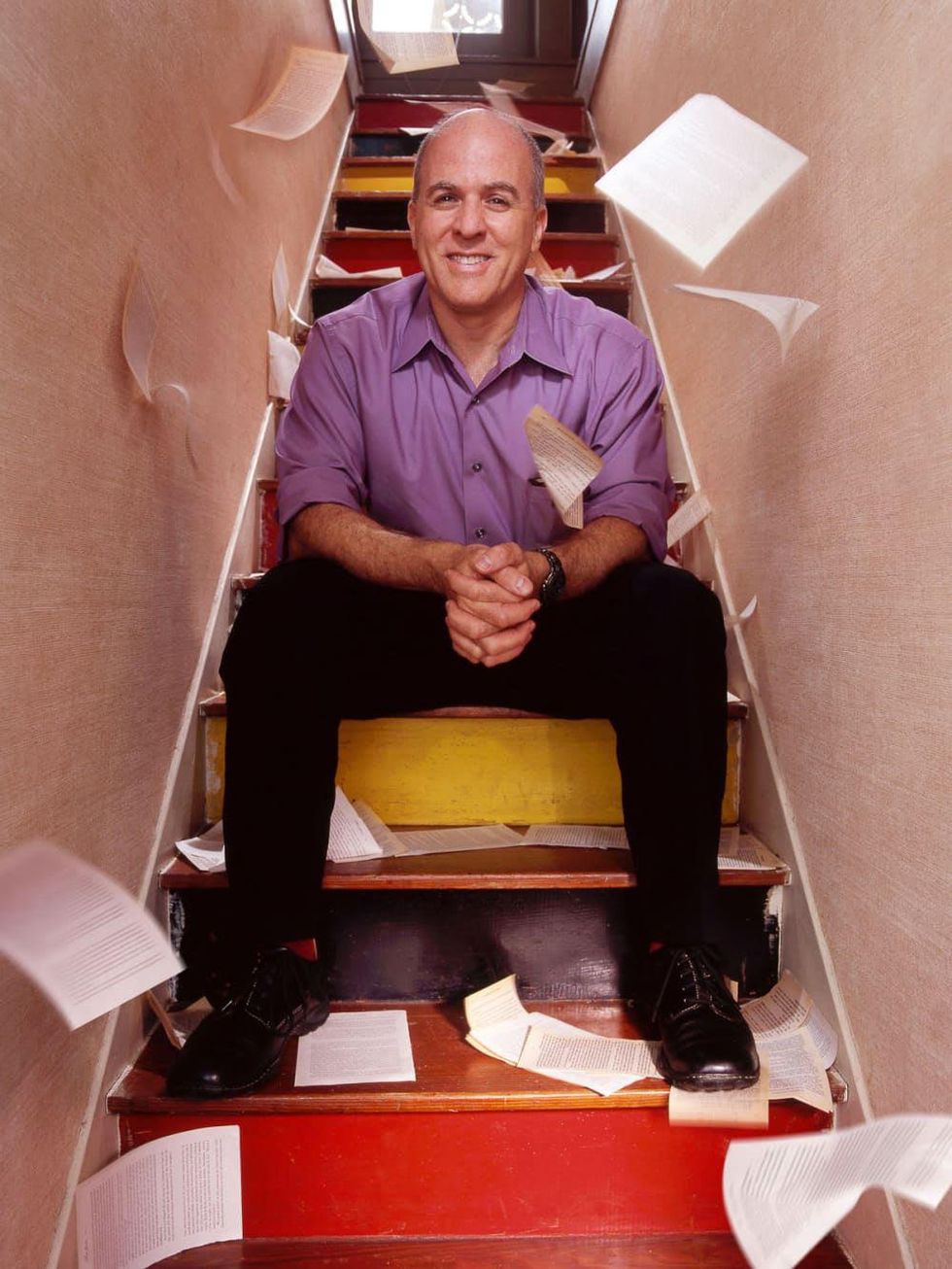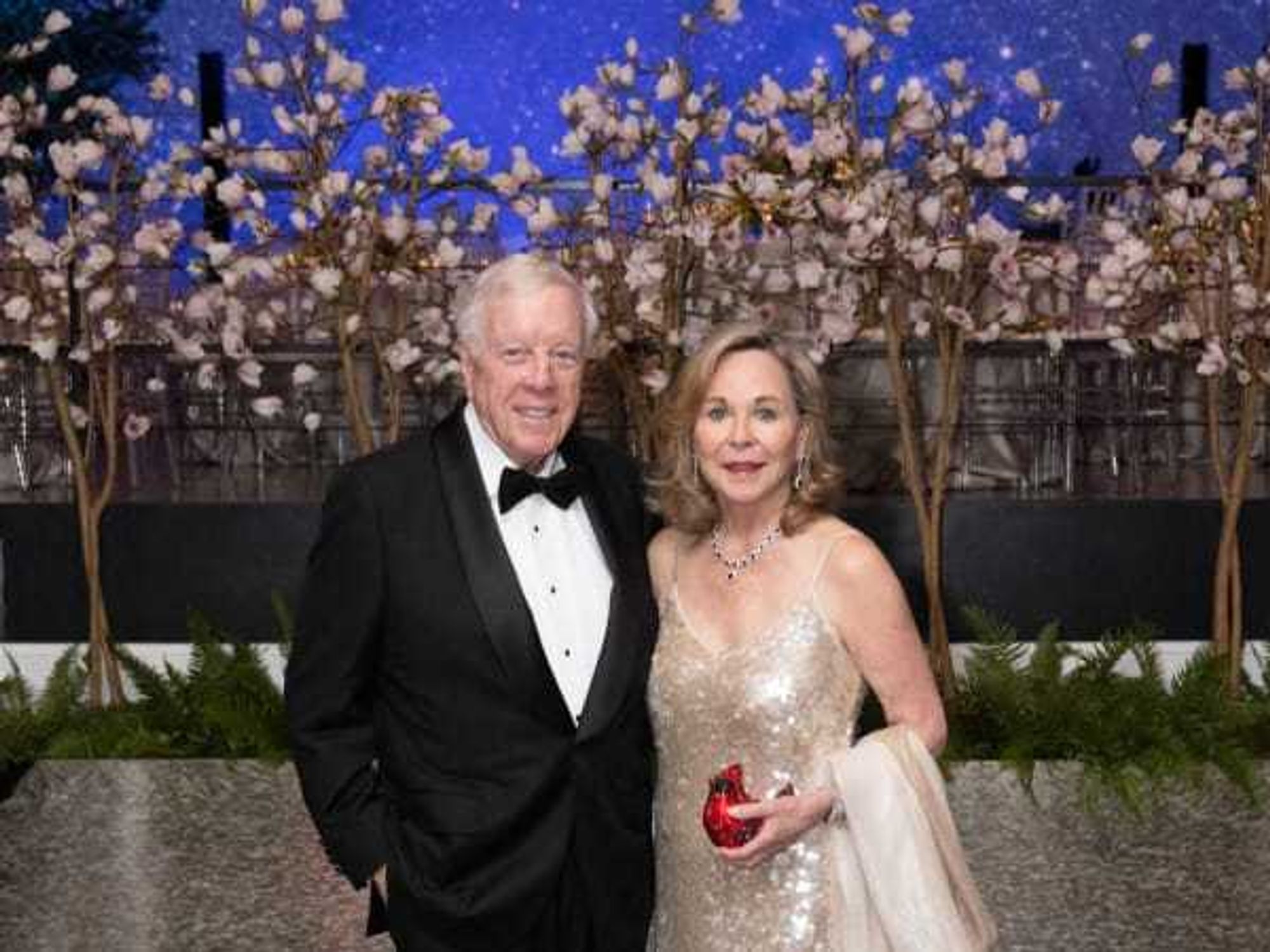From Jane Austen to the Coen Brothers
The joys of rereading: Take pride in being a summer snob, literature will thank you
The first time I finished Pride and Prejudice, I wept. Not because the ending was sad — it’s almost giddy — but because I had to leave that world. I felt bereft, deserted.
The Darcys were off to Pemberley, the Bennets were installed at Netherfield, their doors closed, and here I was on the sofa in a tiny house in Iowa City on a winter night, my wife at the law library, the dishes piled in the sink, an open book on my lap. So I did something I’d never done before — or rather, hadn’t since childhood: I took a deep breath and started reading the book again.
No matter what anyone tells you about rereading, it’s not the same. The initial shock of recognition, pleasure, surprise is available only on the first reading.
But shock is for the young and unimaginative. Rereading has purer rewards. Why else would we keep all these books, especially in this unsentimental age when accumulating paper is considered the habit of a Luddite? Why peruse Top 10 lists if not to return to a beloved book — or to discover someone else’s obsessive favorites?
Plus, and more central, rereading is about something deeper and darker than the virginal pleasure of a first encounter. It’s about language, structure, ideas, wit — subtler joys.
Vladimir Nabokov, in the opening chapter of his Lectures on Literature, explains the distinction between reading and rereading in his own sweetly pedantic way:
"Curiously enough, one cannot read a book: one can only reread it. ... And I shall tell you why. When we read a book for the first time the very process of laboriously moving our eyes from left to right, line after line, page after page, this complicated physical work upon the book, the very process of learning in terms of space and time what the book is about, this stands between us and artistic appreciation. In reading a book, we must have time to acquaint ourselves with it. . . . However, let us not confuse the physical eye, that monstrous masterpiece of evolution, with the mind, an even more monstrous achievement. . . . The mind, the brain, the top of the tingling spine, is, or should be, the only instrument used upon a book."
Poetry provides a fine training ground for rereading. I recall once in my undergraduate days reading the John Ashbery poem, “Le livre est sur la table,” over and over again for hours in preparation for a seminar presentation. (I sat by the Iowa River on a grey fall day — I can still point to the exact spot). It’s an odd, impenetrable poem. But after rereading it so intensely, I became enamored of its charms and was able to construct a sense of the poem that satisfied me and enabled me to write a decent paper on it.
Elitist isn't always an insult
There are some who will think this whole business of rereading elitist. So be it. Once in an interview Stephen King talked about “checking his brain at the box office” when he goes to see a movie. Then where is any pleasure of the mind? One of the great joys in life is the sensuousness of an idea well and originally expressed. This kind of pleasure only grows with rereading.
Ezra Pound writes in his book, ABC of Reading, “Literature is news that STAYS news.” (The capitalization is his.) He goes on to say, ominously, “If a nation’s literature declines, the nation atrophies and decays.”
I won’t respond to Pound’s second formulation. But about literature, he’s dead right: our favorite books are books that, for one reason or another, stay fresh for us and that we love to reread. I met an older woman on an airplane who had read nothing but Jane Austen for more than 30 years, in constant rotation. She was on her way to a Jane Austen convention; this was her first plane trip. She was fearful, and my affection for Austen was a great relief to her.
Are you a Janeite too?” she whispered.
She, of course, was an extreme case. I know people who reread Anna Karenina, Finnegan’s Wake (showoffs), even A Confederacy of Dunces. For many years in high school and college, I made an annual pilgrimage to Salinger’s Franny and Zooey (a friend and I shared this obsession), and reread William Saroyan’s The Human Comedy several times (a kind of literary “comfort food”).
A friend who is a voracious reader told me her mind goes blank when she’s asked about her favorite books. I confess to the same weakness. Constructing such a list is difficult and potentially embarrassing — it exposes our biases and idiosyncrasies, or simply the humdrum nature of our tastes — but it does confirm our affections. It also affirms the joy of rereading.
So here’s mine, in no particular order: Books I love to revisit (including several writers who’ve visited Houston in the Inprint Margarett Root Brown Reading Series — I’ve marked them with asterisks *) and with which, I confess, I may be lying about with this summer:
Barchester Towers, Anthony Trollope (a contemporary of Dickens)
Pride and Prejudice, Jane Austen (and Emma, Persuasion, and Mansfield Park)
Survival in Auschwitz, Primo Levi (not a typical beach read, I admit, but amazing)
Midnight’s Children, Salman Rushdie *
One Hundred Years of Solitude, Gabriel García Marquez (my favorite)
Half of a Yellow Sun, Chimamanda Ngozi Adichie * (a heartbreaking, sexy book, about the Biafran civil war)
Netherland, Joseph O’Neill * (an oddly brilliant 9/11 book)
Norwood, Charles Portis (hilarious, obscure novel by the author of True Grit, also hilarious — the Coen brothers are filming a new adaptation of it here in Texas)
The Ladies, Doris Grumbach (an even more obscure novel)
Middlesex, Jeffrey Eugenides *
Mystery Ride, Robert Boswell * (a native son—Boz teaches at the UH Creative Writing Program)
The Infinities, John Banville *
Any poetry by Frank O’Hara & Tony Hoagland * (also at UH Creative Writing Program)
“What He Thought,” an extraordinary poem by Heather McHugh (to be read daily)
Mea culpa, mea culpa. Happy rereading. Now it’s your turn.
Rich Levy is author of the poetry collection, Why Me?, and executive director of Inprint, a nationally renowned literary arts nonprofit based in Houston. With three children and a full work day, he does not have nearly enough time to read or reread.

